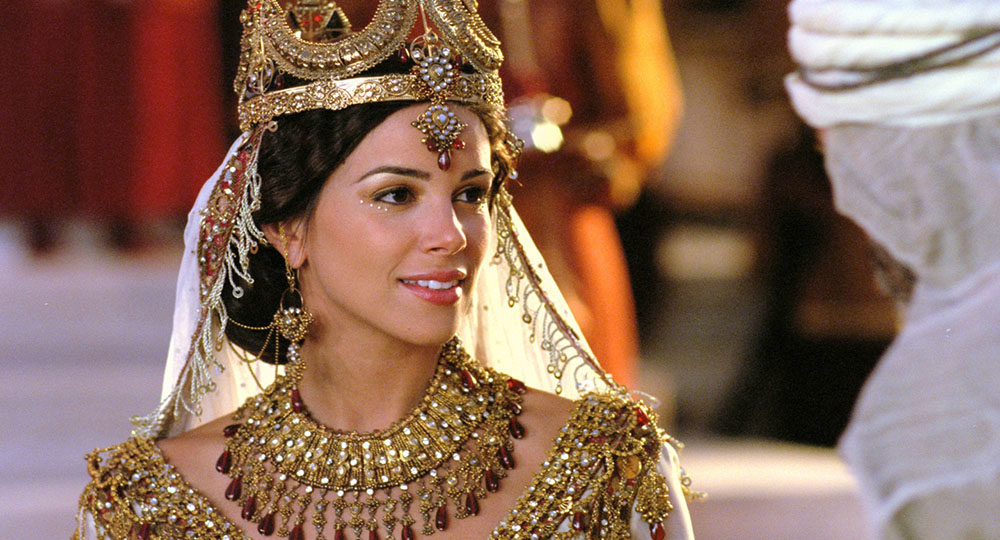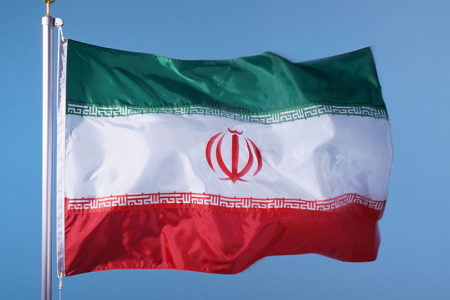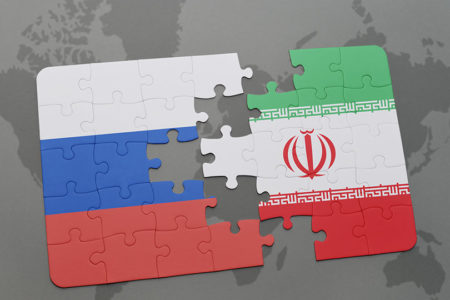It Happened in Persia
If I perish, I perish! Those words probably mean little in Western society where people routinely use expressions like “I’ll just die” or “kill me now” when encountering the least bit of difficulty. But 2,500 years ago in Persia (modern Iran), those words were extraordinary.
They were spoken by Esther, a Jewish woman who had become queen of Persia when it ruled the world and whose decision to help her people jeopardized her life. As a result of her intercession, prompted by her cousin Mordecai, Jewish people around the world were spared annihilation and still celebrate the feast of Purim.
Today Mordecai’s and Esther’s tombs lie in Hamadan, Iran, a silent testimony to Esther’s courage and to the ancient roots of Persia’s dwindling Jewish community.1 Jewish people came to Iran through the Assyrian and Babylonian Captivities. Assyria took the northern kingdom of Israel in 722 B.C., then Babylon took Assyria. When Babylon took the southern kingdom of Judah in 586 B.C., it became ruler over all world Jewry. And when Medo-Persia captured Babylon in 539 B.C., control was transferred to Persia.
Under the Pahlavi Dynasty (1925–1979), Jewish people fared well. The Shah of Iran reversed centuries of cruel, anti-Semitic conditions; and Jewish people and Judaism flourished. But in 1979 everything changed. Overnight the Islamic Revolution returned Jewish people to second-class status and brought back persecution with a vengeance.
Iran’s meager 25,000 Jewish people (down from 80,000 in 1979)2 now suffer greatly under Islamic law; and Iran’s ruler, Mahmoud Ahmadinejad, has declared his intentions to exterminate world Jewry.
Of course, he is not the first Persian to do so. Each year in February or March (Hebrew month of Adar), Jewish people attend synagogue to commemorate Purim, when a previous Persian official intended to do the same. The official was Haman, and the date for his planned massacre was determined by casting lots (Hebrew, Pur; Est. 3:7), which gives the holiday its name.
Today children dress up in costume to play Esther, Mordecai, King Ahasuerus, or even the wicked Haman. And the entire congregation reads aloud, in unison, the Megillah—the whole story in the book of Esther—word by word, line by line.
Whenever Haman’s name is read, the congregation explodes with loud boos and hisses and the rattling of gragers (noisemakers). When Mordecai’s name is read, everyone cheers.
Mordecai had told Esther to keep her Jewish identity secret. She obeyed, even after marrying the pagan king. When Mordecai discovered Haman’s plan, he warned Esther and exhorted her to act, reminding her that, as queen, she was perfectly positioned “for such a time as this” (4:14).
Persian law, under penalty of death, forbade Esther to go to the king uninvited. Yet if she did nothing, her people would die. Contemplating her possible fate, Esther devised a plan, declaring, “If I perish, I perish!” (v. 16).
Haman’s plot was foiled through the intercession of the beautiful Jewish queen, and Haman and his sons were hanged on gallows 75 feet high.
Despite the absence of God’s name in the book of Esther, the evidence of His providence and presence is overwhelming. Shortly before Babylon took Judah captive, God told the Jewish people through the prophet Jeremiah, “I have loved you with an everlasting love” (Jer. 31:3). And as He was then, so is He today and forever.
ENDNOTES
- Victoria S. Golshani, “Iran: Jewish Life Under Islam,” Harvard College Student Middle East Journal, January 29, 2008 <newsocietyjournal.com/2008/01/29/iran-jewish-life-under-islamic-rule>.
- “The Jews of Iran” <jewishvirtuallibrary.org/jsource/anti-semitism/iranjews.html>.






